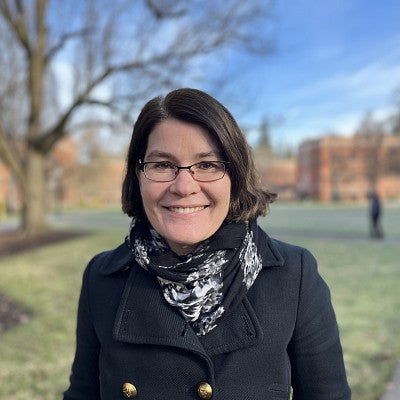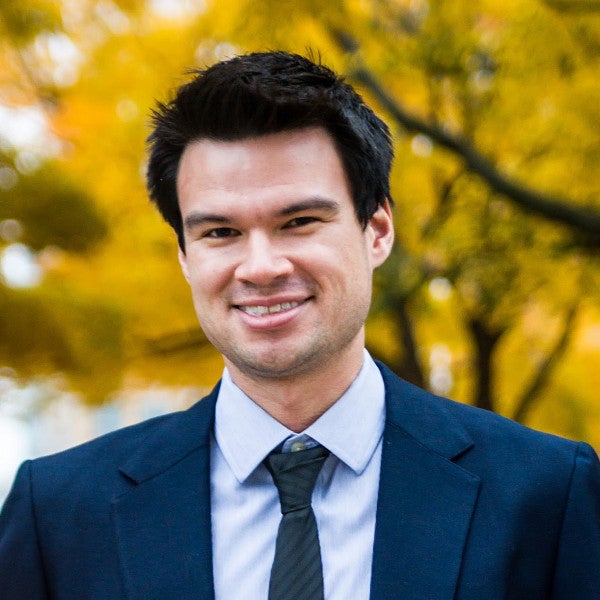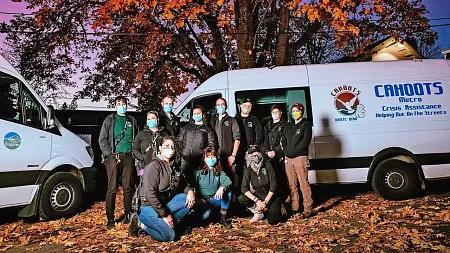Our department has diverse research strengths, spanning many fields, and we are proud of our collaborative and adaptive research culture. Research faculty apply a mix of methods to their work, including empirical, theoretical, and experimental methods.
Our faculty include thought-leaders in integrating bounded rationality into dynamic macroeconomic models, applied macroeconomists working at the frontier of business cycle research, and economic theorists making advances in game theory, public economics, and culture and demography.
Empirical researchers in the department include many specialists in advanced data-science and causal-inference techniques. Their influential research covers multiple fields such as labor, education, development, the environment, and social programs. The department also has long-standing research strength in international trade.
Fields of Study
Behavioral and Experimental Economics
Dynamic Macroeconomics
Economic Demography
Economic Development and Cultural Change
Education and Labor Economics
Environmental Economics and Data Science
Game Theory
Health and Crime Economics
Industrial Organization
International Trade
Applied Microeconomics

“A longstanding focus of my research examines the effects of health on employment, particularly as they relate to social insurance programs such as disability insurance and Social Security. A more recent strand of research focuses on the role of job demands and working conditions in determining health status and labor force participation. A common thread throughout my work is the application of novel econometric and data collection methods to questions of causal inference, combining insights gained from structural modeling, quasi-experimental, and experimental approaches. In my recent paper on working conditions in the US, my coauthors and I find that accounting for differences in preferences for working conditions often worsens wage differentials and intensifies measures of wage inequality.”
-Kathleen Mullen, Associate Professor, Nancy and David Petrone Chair of Economics

“I employ mostly model-based methods to conduct research on labor and public economics. In a recent project, my coauthor and I study the optimal design of subsidies for rooftop solar panels with a focus on how subsidies should vary across geographic locations. We find that the current set of subsidies leads to a severe misallocation of solar panels across space. We then quantify the environmental gains of moving to the optimal system of subsidies.”
-Mark Colas, Assistant Professor of Economics




